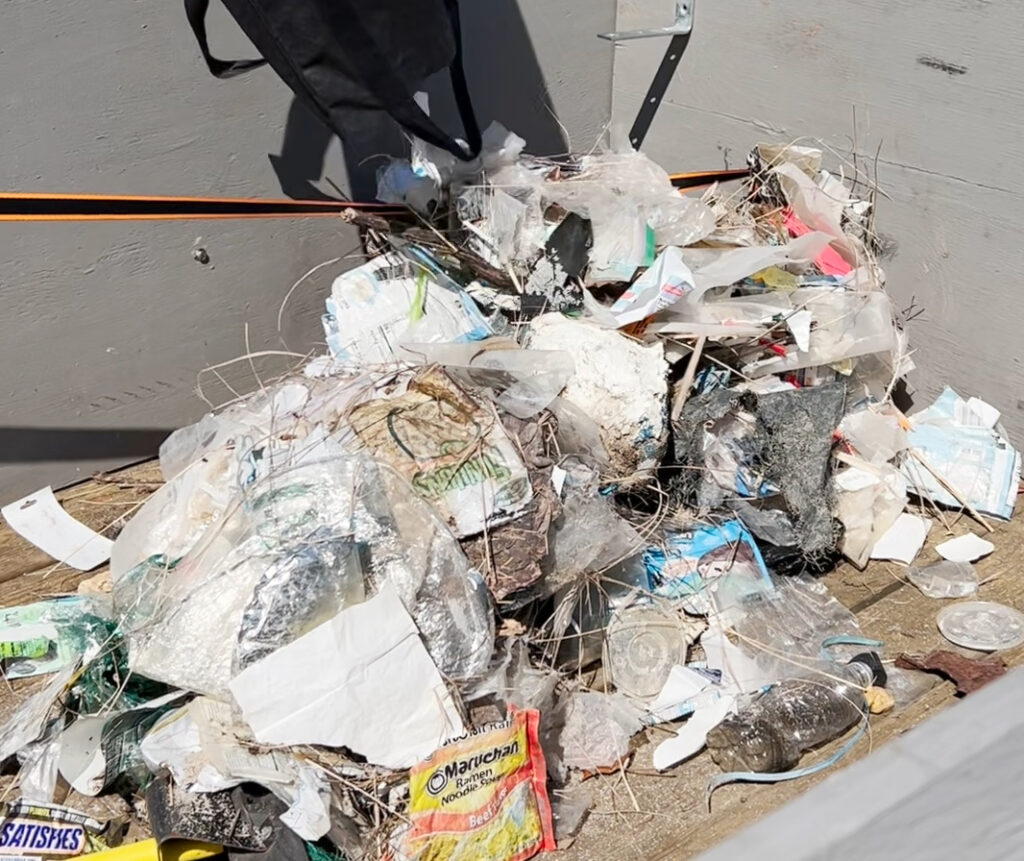Editorial: Eminent domain is the right thing to do

Mattituck has big plans for its future. They include a host of changes that will reshape the hamlet, all built around the concept of a walkable business area, complete with a fundamentally new road design where Main Road passes Love Lane and Old Sound Avenue.
That road redesign will likely include a roundabout — a traffic circle by another name — intended to dramatically slow traffic at the intersection of New Suffolk Avenue and Main Road, around the curve where Old Sound Avenue and Love Lane meet Main Road and farther east toward Wickham Avenue.
The goal of this fundamental change is to make the hamlet safer, easier to navigate and pedestrian-friendly. It essentially ties the roadways together with Love Lane at their center, from Pike Street and the LIRR station, south to the corner where the Presbyterian Church sits, east toward Wickham and west toward New Suffolk Avenue.
Last week, the Southold Town Board made a dramatic — and, to some, controversial — decision aimed at helping the hamlet realize its plans and transform itself into something far better.
The board voted 5-1 — with Councilman Jim Dinizio the sole no vote — to initiate the process of eminent domain, with the ultimate objective of seizing the 1.8-acre wooded parcel at the corner of Main Road and New Suffolk Avenue. The property is owned by the Brinkmann family, which wants to construct a 20,000-square-foot hardware store there.
That construction would all but end the vision of a new Mattituck, and it was for this reason that the board moved toward eminent domain. If that effort is successful, this tract would become, essentially, a passive park or green space. Not home to a playground with swings and slides, but perhaps with benches for people to use and enjoy. It would be integral to the redesign of the entire area.
Acquisition of this space is vital to Mattituck’s future, and the board’s action, which raised the hackles of critics who see it as a legal overreach, was the right thing to do.
Yes, there will be legal challenges from the Brinkmann family, which had moved to stop a building moratorium the board had previously imposed, and legal costs will ultimately be picked up by the taxpayers.
Still, we see the board’s action as a positive step toward answering two crucial questions about the town’s future: What do we want to be in 10 years and how do we make it happen?








